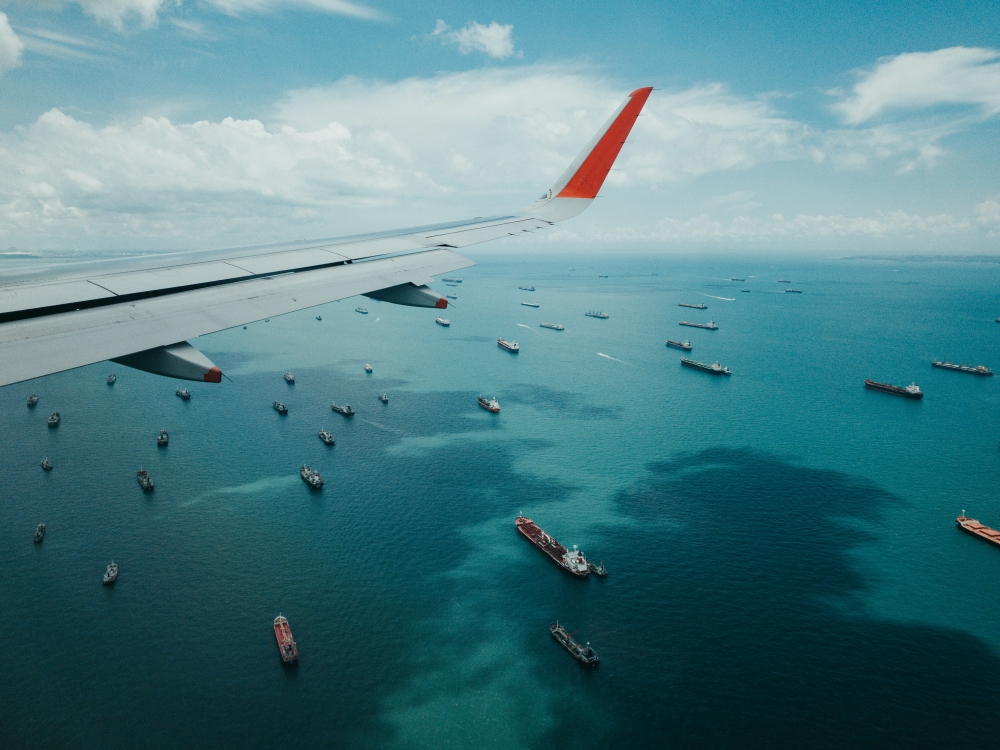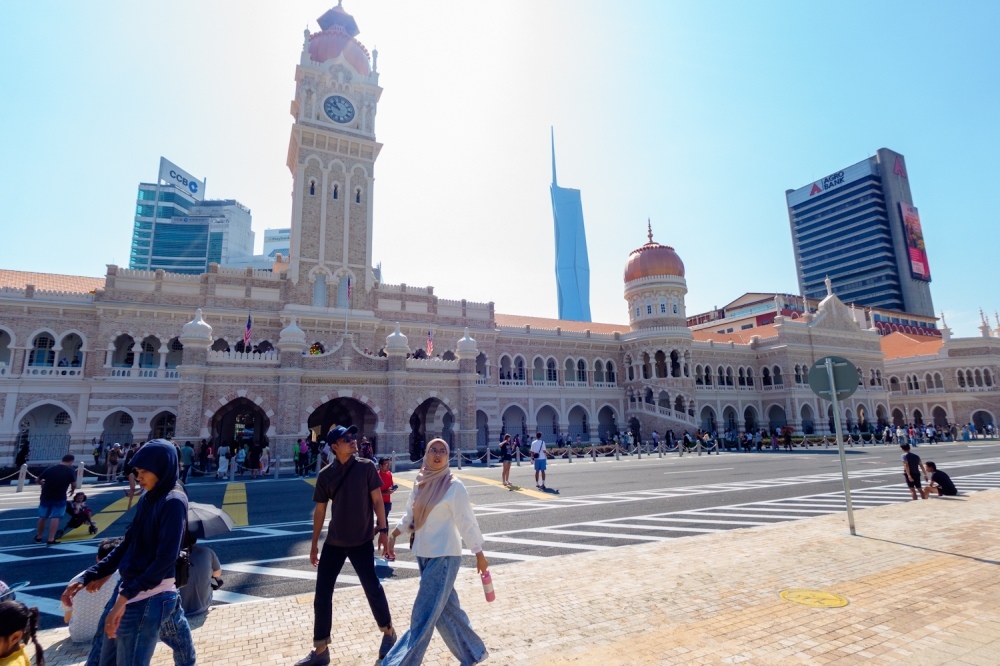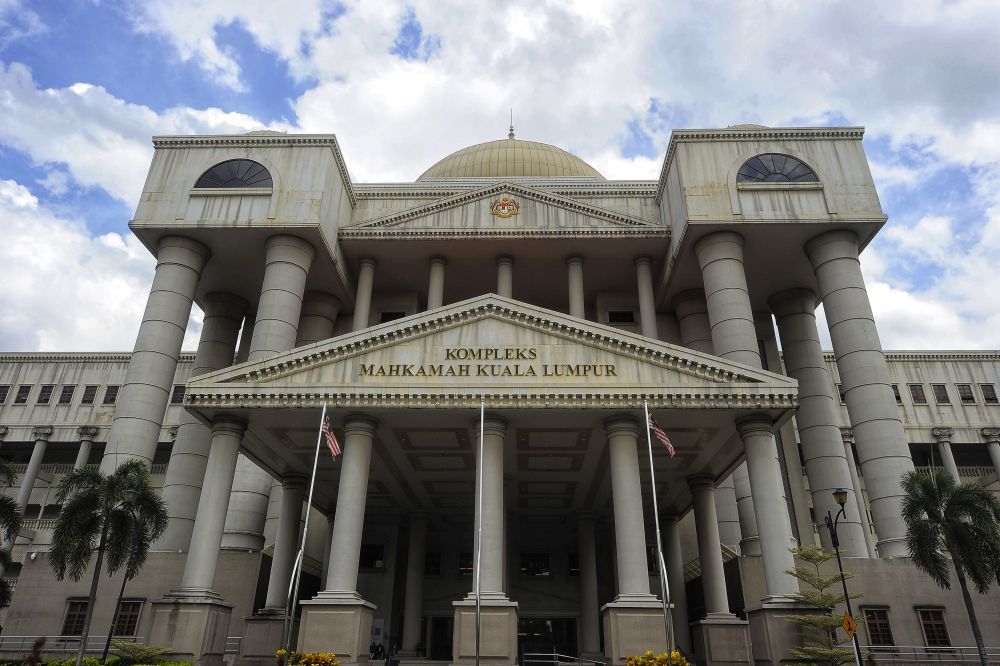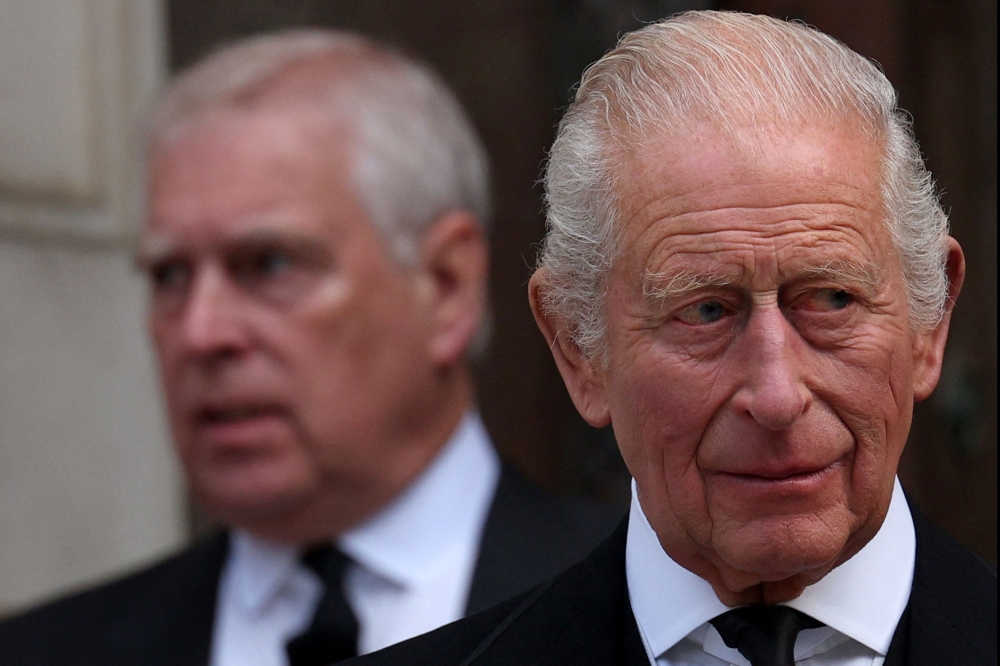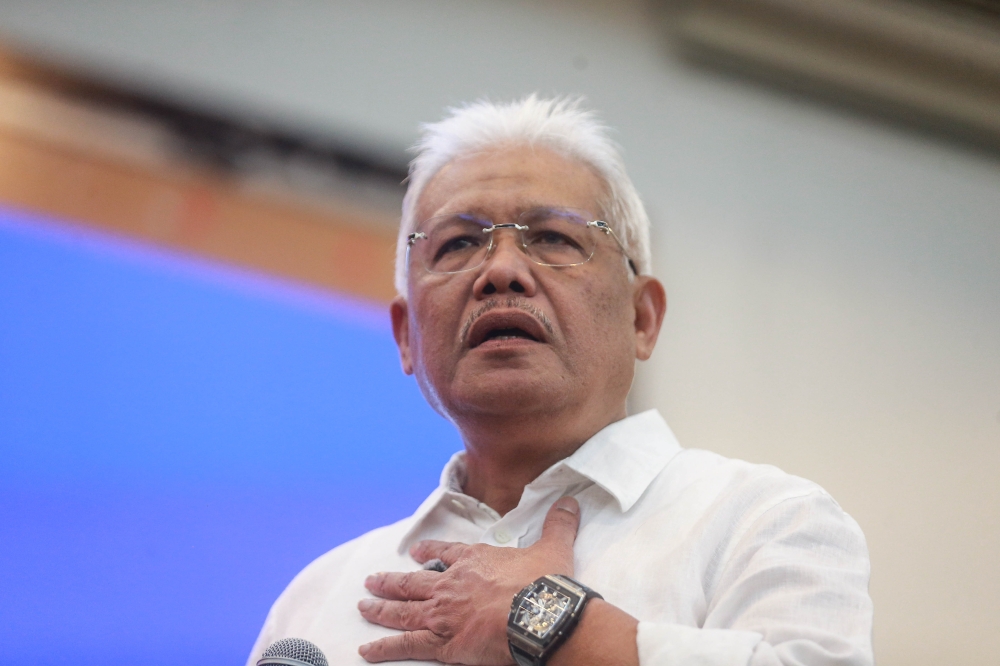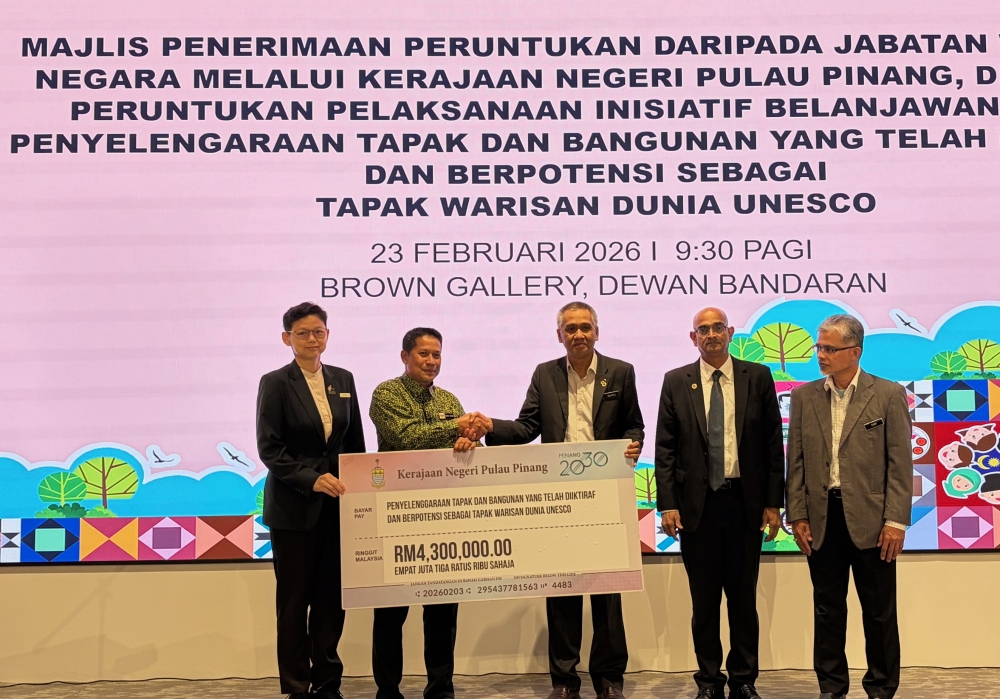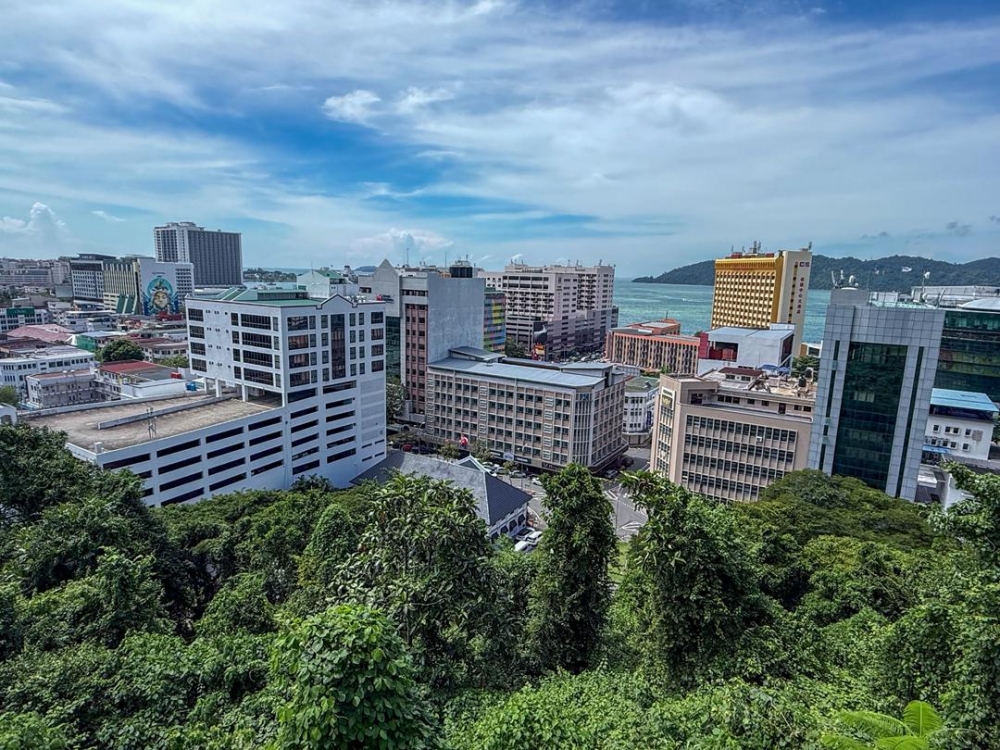KUALA LUMPUR, April 18 — Malaysia and other Southeast Asian nations stand to benefit more from a robust maritime trade route with China through it’s One Belt One Road Initiative (BRI), said Prime Minister Tun Dr Mahathir Mohamad.
In an interview with China Central Television Network, Dr Mahathir explained that while the BRI utilises more of land routes in and out of key economic areas such as Europe and the rest of Asia, he felt that maritime trade routes were just as pertinent.
“Long ago I had advocated the revival of the Silk Road. That is the land road from China right up to Europe. But what Mr Xi Jinping said is that besides the Silk Road, is also taking into consideration the sea route. And the sea route is very important.
“The Silk Road is by land and of course it is faster. But the sea route is capable of carrying bigger quantities, using bigger ships, and that will facilitate trade between East and West,” said Dr Mahathir.
China’s BRI is aimed at creating the 21st century “Silk Road” which connects land and maritime trade routes with over 152 countries in an effort to enhance the global trade network and accelerate economic growth.
The initiative has also seen China investing greatly in major infrastructure projects in various nations such as in ports, roads and highways.
Dr Mahathir said the emphasis on a maritime trade route in Southeast Asia is due to the lack of reach of the “Silk Road” in the region.
“I’m quite sure more ships will be passing near Malaysia and Southeast Asian countries. And therefore you will increase trade within Southeast Asia and China.
“On the other hand, the Silk Road which is by land doesn’t pass into this area. So it is an improvement of the trade route to Asean more than just to the mainland, to the land route,” he said.
Dr Mahathir is expected to the second BRI forum in Beijing next week. The forum this year is expected to discuss the new phase of the initiative.
Dr Mahathir’s comments came after Malaysia had successfully renegotiated the East Coast Rail Link (ECRL) project with China.
The construction cost for Phases 1 and 2 of the ECRL has been reduced to RM44 billion, a reduction of RM21.5 billion from its original cost of RM65.5 billion.


